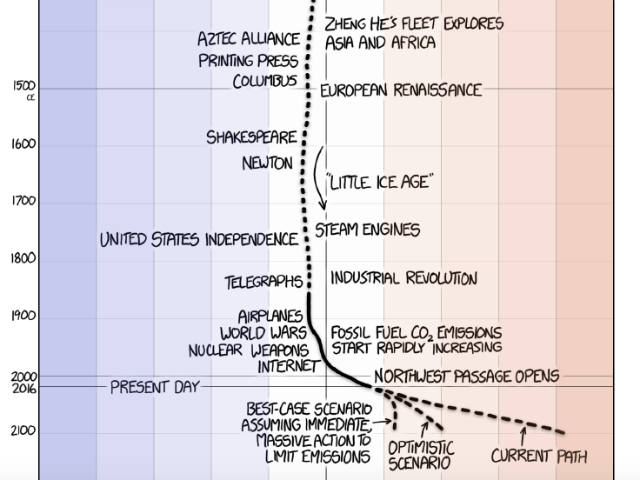 A green campaign group made a series of misleading claims about the health and environmental impacts of fracking, according to a damning draft ruling by the advertising watchdog.
A green campaign group made a series of misleading claims about the health and environmental impacts of fracking, according to a damning draft ruling by the advertising watchdog.
Friends of the Earth (FoE) failed to substantiate claims that fracking could cause cancer, contaminate water supplies, increase asthma rates and send house prices plummeting, the Advertising Standards Authority says.
Scientists accused the group of scaremongering after it made the claims in thousands of copies of a leaflet asking for donations to help stop fracking. Cuadrilla, which wants to frack in Lancashire, and the Reverend Michael Roberts, a retired vicar, complained to the ASA about the leaflet last year.
The ASA produced its draft ruling in July but has been forced to delay sending it to its council for approval because FoE has repeatedly requested more time to challenge its findings.
The draft upholds the complaints against FoE on all four grounds, finding in each case that the group had breached the ASA’s code by making misleading statements that it had failed to substantiate.
The draft rejects FoE’s attempt to use evidence from the US to justify its claims about the threat to health and water supplies. It notes that there are differences between the way fracking is regulated in the US and UK, with the Environment Agency imposing strict controls here on chemicals used and the protection of water supplies.
On the claims about asthma, the advertising authority found that FoE had based them on a report from the US that had not found a causal relationship between the disease and fracking.
On house prices, the draft criticises FoE for using an “anecdotal quote” from a newspaper article to help justify its claim that prices would plummet.
The draft concludes: “The ad must not appear again in its current form. We told Friends of the Earth Trust Ltd not to make claims about the likely effects of fracking on the health of local populations, drinking water, or property prices in the absence of adequate evidence.”
Francis Egan, chief executive of Cuadrilla, said: “The ASA undertook a thorough review of Friends of the Earth’s outlandish claims . . . and found every one incorrect. Since then FoE has sought to frustrate the ASA process and delay these findings being made public. It spreads untruths and offers no practical solutions to the very real energy problems facing the UK. It should openly admit its mistakes and stop irresponsibly taking the public’s money by scaring them with misleading claims.”
Donna Hume, an FoE campaigner, said: “This is just the ASA’s draft decision which we are in the process of refuting . . . The evidence against fracking is clear. In response to this draft decision we supplied further evidence to the ASA, with over 100 references, to show that fracking is unproven and still poses too many risks.”
In May, Third Energy received permission to frack an existing well in North Yorkshire — the first approval of the technique since it was temporarily banned in 2011 after causing two small earthquakes in Lancashire. FoE has challenged the approval in a judicial review which will be heard by the High Court in November. The government is due to decide by October 6 whether to overrule Lancashire County Council, which last year rejected two fracking applications by Cuadrilla.
Last week the ASA overturned a decision to ban a Greenpeace advert which stated: “Experts agree — [fracking] won’t cut our energy bills.” The ASA admitted it had been wrong to conclude the advert was misleading.
FoE tried to justify the claim that fracking chemicals could cause cancer by saying that it involved sand, which contained silica, “a known carcinogen”.
Paul Younger, a professor of energy engineering at the University of Glasgow, said at the time that FoE’s claims were nonsense. “Sand is silica. It’s exactly the same stuff that’s on every sandy beach. What are they proposing? That we treat all beaches as contaminated land and pave them over?”
Claims and counterclaims
Friends of the Earth claim: Fracking fluid containing “a toxic cocktail of chemicals . . . could end up in your drinking water”.
Advertising Standards Agency response in draft ruling: “Public Health England considered the potential impact on public drinking water supplies was minimal. The Environment Agency would not permit the use of hazardous substances . . . where they might enter groundwater.”
FoE: “Studies have shown that 25 per cent of fracking chemicals could cause cancer.”
ASA:FoE used a US-based study but “many chemicals allowed in the US would not be permitted in the UK. We understood that hazardous chemicals would not be permitted in fracking in the UK, and that chemicals approved for use must not cause pollution”.
FoE: “A hospital near a US fracking site has shown that asthma rates are three times higher than average.”
ASA: “The review on which FoE had based the claim . . . did not demonstrate that the fracking site was responsible for increases in asthma.”
FoE: Fracking causes “plummeting house prices”.
ASA: Evidence was not robust and included a survey of estate agents that was “anecdotal and did not indicate a rapid and significant fall”.
h/t Paul Homewood
















